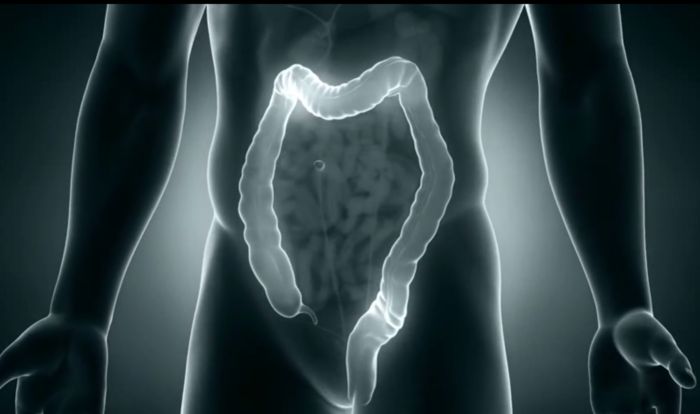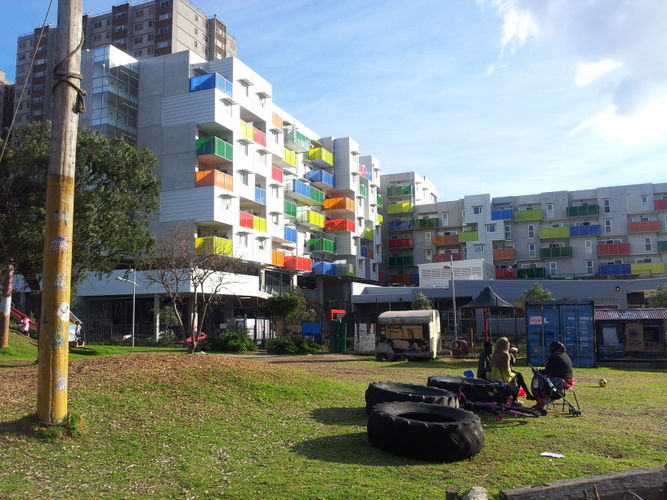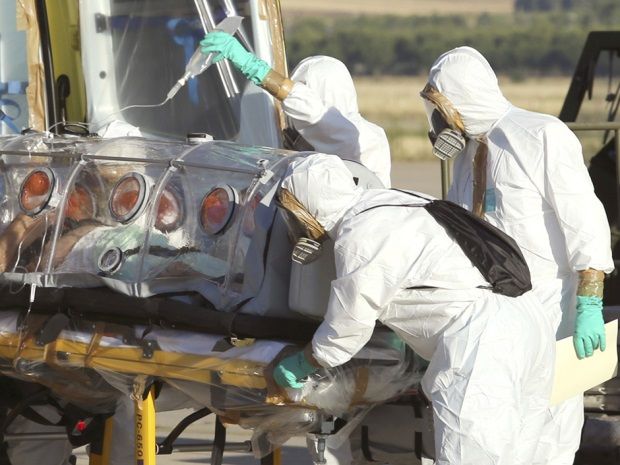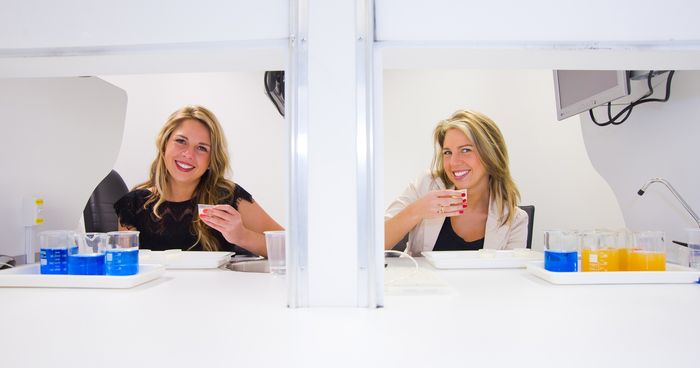Partners
We recognise partnerships and collaborations are an integral facet of our development and a major strength of the school.
Our research and knowledge translation—with the aim of improving the health and wellbeing of the population—depends on interdisciplinary collaborations and partnerships that connect social sciences, medical humanities with epidemiology, biostatistics and biomedical sciences.
The result of these collaborations is a broad focus on population health from a diverse range of areas: clinical medicine & molecular biology, mental health, women's health, health policy, programs & economics, Indigenous health & health care services, as well as traditional public health areas of communicable & non-communicable diseases.
Centres for Research Excellence
The National Health and Medical Research Council (NHMRC) provides support for teams of researchers and partners to pursue collaborative research and develop critical capacity in clinical, population health, and health services research via prestigeous Centres for Research Excellence (CRE). The Melbourne School of Population and Global Health is fortunate enough to host four CREs in our School.
Centre for Research Excellence in Optimising Bowel Cancer Screening
We bring together scientists, epidemiologists and clinicians to develop the first personalised and comprehensive colorectal cancer risk tool that includes all known risk factors for the disease. We will then determine how the use of this tool can be most effectively implemented into general practice so that appropriate and more cost-effective screening for colorectal cancer can be prescribed.
This Centre comprises The University of Melbourne, Royal Melbourne Hospital, Peter MacCallum Cancer Centre and Cancer Council Victoria and Victorian Comprehensive Cancer Centre brought together to translate research findings to reduce the burden of colorectal cancer.

Centre for Research Excellence in Healthy, Liveable & Equitable Communities
Globally, the burden of non-communicable diseases is growing. Common risk factors are: insufficient physical activity, sedentary behaviour, poor diet and obesity. It is being recognised that a whole of government, whole of society approach is required to improve health. There is limited evidence about the mechanisms through which the social and built environment influence health and wellbeing outcomes, the environmental interventions likely to have highest impact nor the 'dose' interventions required to optimise health outcomes. Economic analyses of the co-benefits are at a nascent stage of development.
We will seek to address these gaps. Research will be undertaken in collaboration with Australian policy-makers and practitioners covering planning, urban design, transport planning and health. Policy relevant research themes will emerge from their input as will ideas about effectively disseminating research findings to meet their needs.
This project is being led by the McCaughey VicHealth for Community Wellbeing Unit at the University of Melbourne, with collaborative research nodes at the University of Western Australia, Queensland University of Technology, University of Queensland and University of South Australia. Industry partners include the Planning Institute of Australia, the Heart Foundation, the WA Department of Planning and WA Planning Commission, Brisbane City Council, the Department of Health Victoria, and the Major Cities Unit.

Centre of Research Excellence in Infectious Diseases Modeling to Inform Public Health Policy
Infectious diseases pose a local and global challenge, with substantial human and economic costs. Mathematical models provide valuable frameworks for assessing the likely benefits of public health interventions to control infection transmission and burden. We will expand modelling capability to
inform infectious diseasecontrol policy in Australia and our region, by focusing on:
- Optimising scheduling and impact of the National Immunisation Program, with particular attention to re-emerging diseases, immunisationhesitancy and new vaccines
- Understanding and controlling influenza and other respiratory viruses, drawing on datasets ranging from individual animal model systems to whole populations
- Preventing emerging pathogens of regional and international importance, including drug resistant bacteria, tuberculosis and malaria
- Development of innovative statistical, mathematical and computational methods for parameter estimation, epidemic forecasting and scenarioanalysis, and model validation.
The CRE is being led by the Centre for Epidemiology and Biostatistics, Modelling and Simulation Unit at the University of Melbourne and brings together researchers from clinical, physical, mathematical and computer sciences to a recognised 'needs area'. Since 2005, we have become established as preeminent nationally, with a growing international profile, advising Australian and international government policy through contracted research and invited contributions to national policy committees.


Centre of Research Excellence in Twin Research
Twins Research Australia brings twins and researchers together for vital health research that benefits everyone.
Twins are special to research as they help us to tease apart the effects of nature (genetics) and nurture (environment) on our health. Our research impact has led to better diagnosis, treatment and prevention of a wide range of health conditions.
We also support twins and their families to live happy and healthy lives with comprehensive evidence-based educational resources.Read more